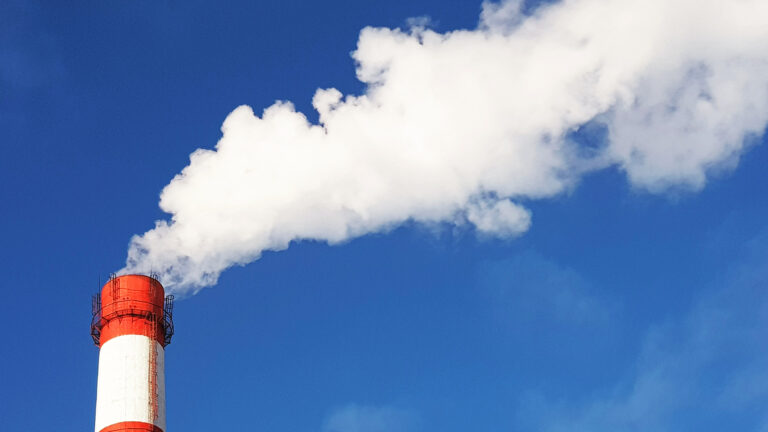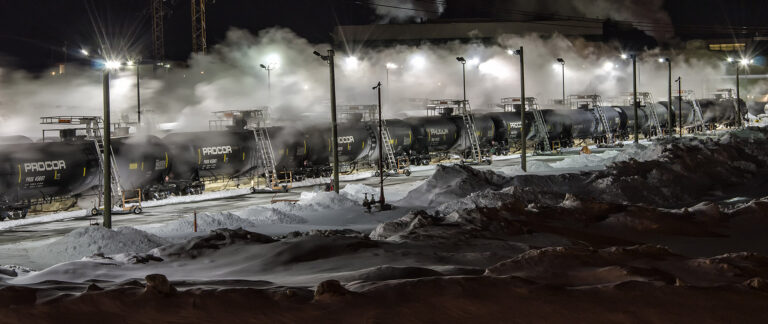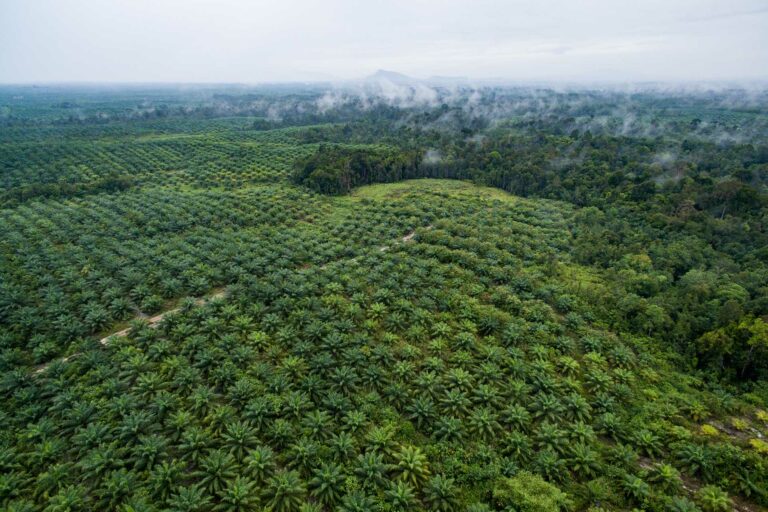Carbon capture and sequestration (CCS) is a climate change mitigation strategy that aims...Read More
Decreasing greenhouse gas emissions from global supply chains is a critical component of efforts to address the climate crisis.
According to the U.S. Environmental Protection Agency, so-called, “Scope 3 emissions are the result of activities from assets not owned or controlled by the reporting organization, but that the organization indirectly affects in its value chain.”
Urgent action is needed by companies to decarbonize their supply chains, including by eliminating agricultural commodities that are linked to deforestation. Companies should also address the adverse human rights impacts linked to their suppliers—impacts that, in many parts of the world, undermine forest conservation efforts and other forms of climate action. According to the UN Guiding Principles on Business and Human Rights, companies have a responsibility to conduct due diligence to identify, prevent, and mitigate adverse human rights impacts associated with their operations, including those caused by their suppliers when linked to their business relationship.
It is common for large corporations to commit to ensuring the sustainability of their supply chains, including by committing to reducing their carbon footprint and adhering to the Guiding Principles. Yet these voluntary commitments often amount to little more than empty promises and greenwashing.
In recent years, there has been growing momentum to enact regulations requiring companies to clean up their supply chains. Due diligence laws have been enacted in France, Germany, and Norway—and proposed for the entire European Union—requiring companies to account for environmental and human rights harms linked to their suppliers. Climate-related disclosure rules have been enacted in the United Kingdom, approved in the European Union, and proposed in the United States. These measures require companies to publicly disclose information about climate risks and impacts associated with their business operations, including throughout their supply chains. And regulations have been approved in the United Kingdom and the European Union, and proposed in the United States, prohibiting the import or export of commodities associated with deforestation.
Photo Credit: Deforested lands in West Kalimantan, Indonesia, now used for large scale palm oil production. The supply chain for palm oil, which is used in many foods and cosmetics, has significant climate impacts due to deforestation and GHG emissions, as well as human rights impacts including forced labor, land grabbing, and violations of indigenous rights. Photo by Nanang Sujana/CIFOR (CC BY-NC-ND 2.0).






